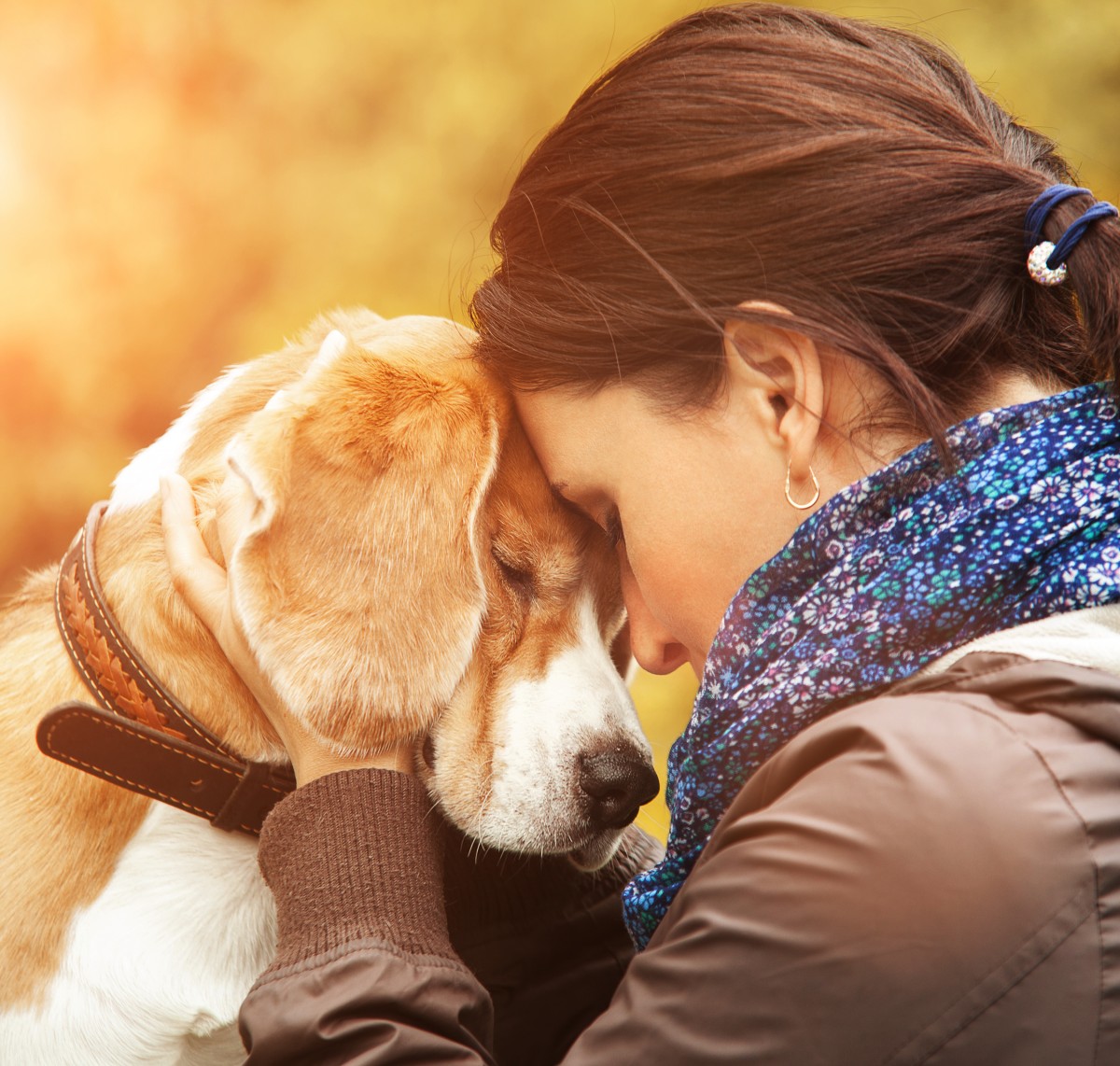How Pets are Caught in the Crossfire of Domestic Violence

For the last 3 months, I have been on an apartment hunt. Living in the San Francisco bay area, I expect high rents, ridiculous deposits, and laughable waiting lists. You have to be the perfect tenant to even be considered.
What makes you the perfect tenant, you ask? You are never home, you have no friends, no car, limited belongings, and definitely no pet. I have spent months searching for a home for Lola, my four year old Maltese pup, and me – and I cannot even imagine how much more difficult it would be if I were a woman escaping a violent environment. Many shelters harbor similar restrictions to apartments, and unfortunately, many women feel even more trapped by these rules and regulations.
When it comes to the repercussions of domestic violence, few consider the complicated decisions and sacrifices many victims have to make in regard to their pets.
The unfortunate fact is that when a woman, man, or child becomes a victim of an abuser, family pets can become caught in the crossfire, and can be leveraged as pawns to trap and keep scared victims from leaving.
In fact, according to the American Humane Society, 25% of domestic violence victims return to an attacker because of concern for a pet. Additionally, 71% of domestic violence victims report their abuser threatened or harmed a family pet.
 Thankfully, lawmakers are beginning to recognize the complicated reality for those experiencing violence- H.R. 1258, The Pet and Women Safety Act (PAWS) was introduced by Congresswomen Katherine Clark (D-MA) and Ileana Ros-Lehtinen (R-FL) to help address this issue.
Thankfully, lawmakers are beginning to recognize the complicated reality for those experiencing violence- H.R. 1258, The Pet and Women Safety Act (PAWS) was introduced by Congresswomen Katherine Clark (D-MA) and Ileana Ros-Lehtinen (R-FL) to help address this issue.
Members of Congress are currently back in their home districts meeting with constituents. This is a great time to ask them where they stand on this legislation and encourage them to support it.
Congress will have just a few weeks when they return to Washington DC in September to pass legislation or it would have to be reintroduced into the new Congress.
Despite its lighthearted name, PAWS holds the potential for significant impact for victims of domestic abuse. If passed, PAWS would provide additional support for programs that assist abused women, and help these programs to provide assistance for victims’ companion animals. PAWS also works to include pets in major protective laws already in place, such as those that cover interstate stalking, protection orders, and civil suits.
Let’s make sure that Congress takes action on this legislation.
To learn more about resources for victims with pets, please look here.





